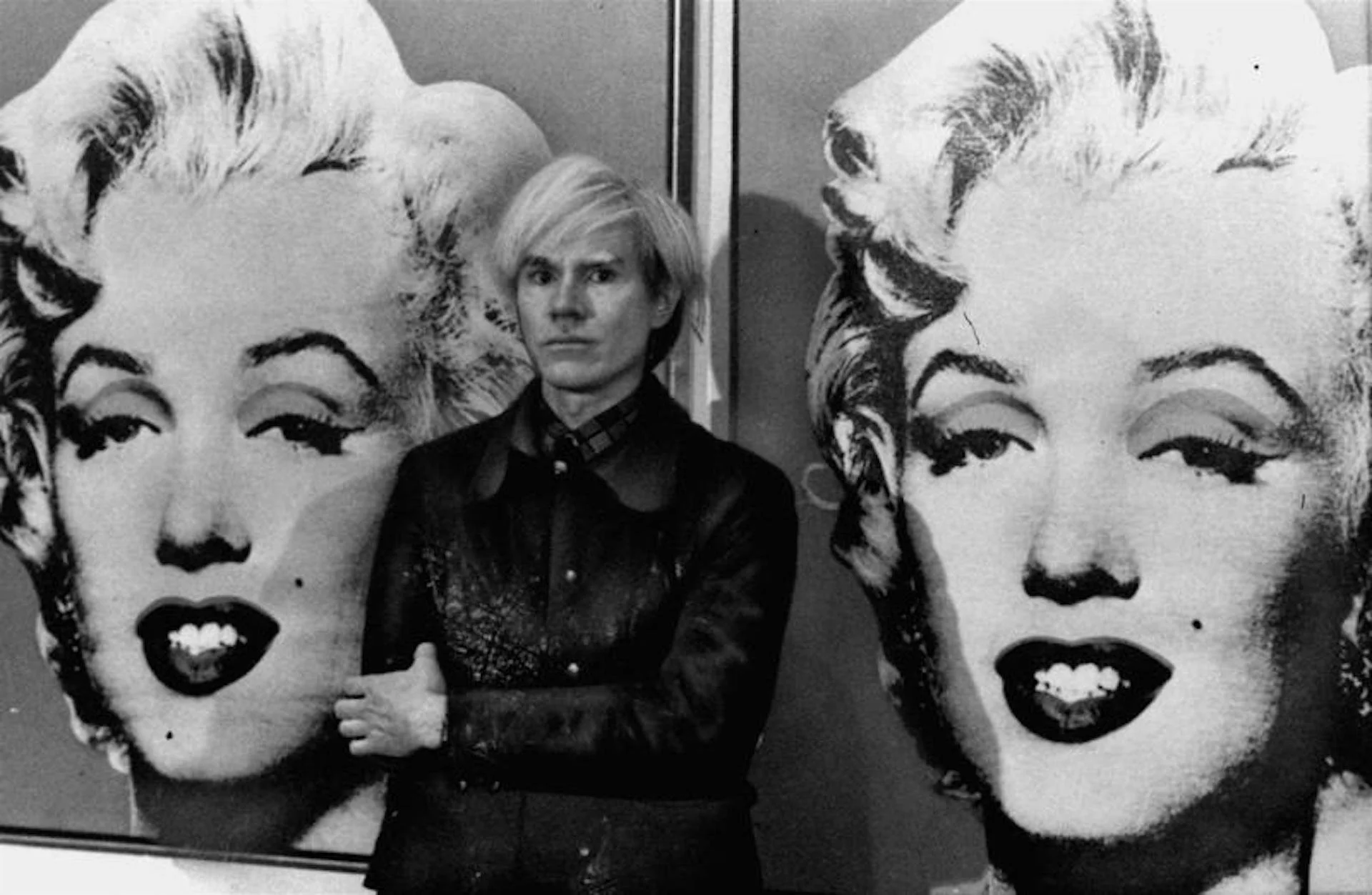Four seconds. After that, Americans facing silence in a conversation tend to feel rattled, rejected, or insecure. Research suggests Japanese, in comparison, remain at peace in the stillness of the quiet for twice as long. In fact, silence itself is an integral part of their communication pattern (Being Comfortable With Silence Is a Superpower).
Such is its power. We once discussed Thoreau’s attainment of peace, even transcendence, by means of his escape from the chattering society into the refuge of that tiny cabin in 1845 Massachusetts (MM 4/1/19 Solitude (Nature). Behold the simple life in the trade of city convenience for the sublime lightness of being.
We shall experiment. The “trade” in our next session will simply be the offer of silence in exchange for even deeper reflection. Some may view the prospect as uncomfortable, a reaction which itself says something. The little downside would seem minimal compared to the potential upside of an “extra” ordinary experience, literally extraordinary.
Read More

















